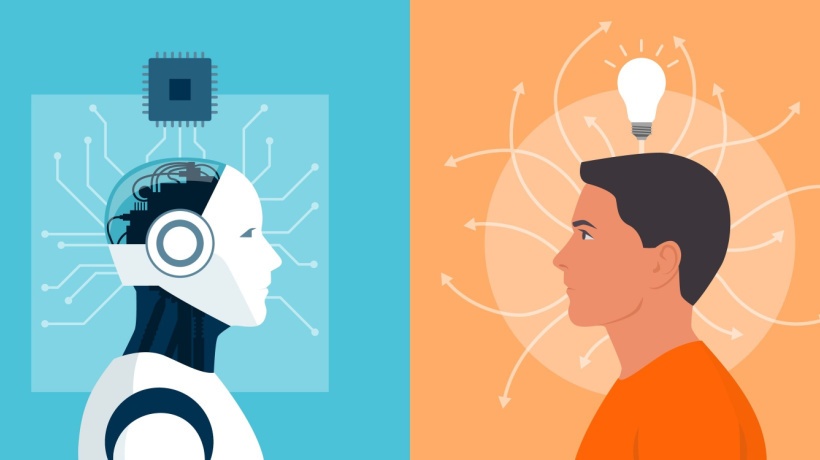Inquire
The Power of Machine Learning: Unleashing the Future of Data-Driven Innovation

Introduction
Machine Learning (ML) has revolutionized the way we approach complex problems, enabling computers to learn and make predictions based on data. In a world overflowing with information, ML has become a powerful tool for uncovering valuable insights, making predictions, and automating tasks. In this blog, we'll delve into the exciting world of machine learning, exploring its basics, applications, and potential for transforming our future.
Understanding Machine Learning
At its core, machine learning is a subset of artificial intelligence that focuses on creating algorithms and models capable of learning from data. Unlike traditional programming, where humans write explicit rules, machine learning systems improve their performance over time through exposure to data.
Machine learning involves three primary types of learning:
1. Supervised Learning: The model is trained on labeled data, learning to make predictions or classifications based on past examples.
2. Unsupervised Learning: The model works with unlabeled data to find patterns and structures, often used for clustering and dimensionality reduction.
3. Reinforcement Learning: Agents learn to take actions in an environment to maximize a cumulative reward, a concept crucial for tasks like game playing and robotics.
Applications of Machine Learning
Machine learning finds application across a vast array of domains, fundamentally transforming the way we interact with data and automate tasks:
1. Healthcare: ML aids in early disease diagnosis, personalized treatment plans, and drug discovery.
2. Finance: Predictive models enhance fraud detection, algorithmic trading, and risk assessment.
3. Natural Language Processing (NLP): ML powers language translation, chatbots, sentiment analysis, and voice recognition.
4. Image and Video Analysis: Computer vision technologies enable object detection, facial recognition, and autonomous vehicles.
5. Recommendation Systems: ML algorithms drive content recommendations on platforms like Netflix and Amazon.
6. Manufacturing and Industry 4.0: Predictive maintenance reduces downtime, while quality control benefits from automation and anomaly detection.
7. Autonomous Vehicles: Self-driving cars rely heavily on machine learning to navigate and make real-time decisions.
8. Education: Personalized learning platforms and virtual tutors leverage ML to adapt to students' individual needs.

Challenges and Opportunities
While machine learning holds immense potential, it also presents challenges:
1. Data Quality: High-quality, labeled data is essential for training accurate models.
2. Interpretability: Complex ML models often lack transparency, making it difficult to understand how they reach decisions.
3. Bias and Fairness: Biases in training data can lead to unfair and discriminatory outcomes, requiring careful handling.
4. Scalability: Handling large datasets and training resource-intensive models demands significant computational power.
The Future of Machine Learning
Machine learning is an ever-evolving field. Recent advancements in deep learning, a subset of ML, have led to breakthroughs in areas like image recognition and natural language understanding. Reinforcement learning is powering autonomous systems, and transfer learning allows models to leverage knowledge from one domain to improve performance in another.

As we move forward, machine learning's role in shaping our future is undeniable. Its influence extends from personalizing our online experiences to improving healthcare and transportation. By addressing challenges and embracing opportunities, we can harness the full potential of machine learning to create a data-driven world that is more efficient, insightful, and accessible to all.
Machine learning is not just a technology but a force of transformation that is redefining industries and revolutionizing our everyday lives. Whether you're a developer, data scientist, or a curious enthusiast, exploring the world of machine learning can be both rewarding and exciting. As we stand on the brink of a new era in data-driven innovation, the possibilities of machine learning are boundless, shaping a future where our interactions with technology are more intelligent, intuitive, and impactful than ever before.

- Managerial Effectiveness!
- Future and Predictions
- Motivatinal / Inspiring
- Other
- Entrepreneurship
- Mentoring & Guidance
- Marketing
- Networking
- HR & Recruiting
- Literature
- Shopping
- Career Management & Advancement


 SkillClick
SkillClick